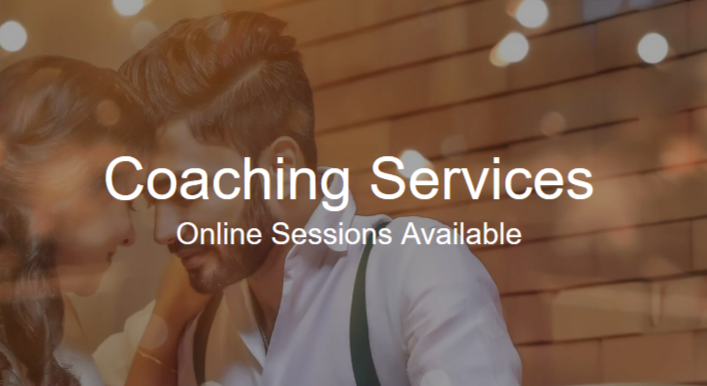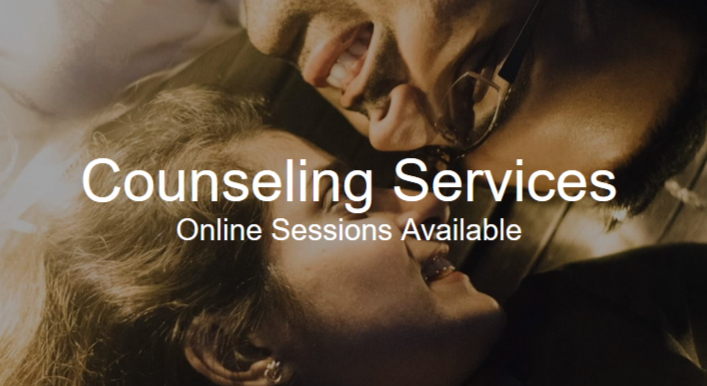Ever the important asset for life, knowing how to navigate conflict is an invaluable skill to build for your relationship. However, understanding how best to navigate conflict with a specific person depends on your relationship with that person.
What is conflict navigation?
Conflict navigation is the case-specific action(s) taken to reach a resolution. If the resolution itself is the “what”, navigation is the “how”.
Often confused for conflict resolution, conflict navigation is just as complex and important. Conflict resolution searches for a solution to a problem while conflict navigation determines how best to reach it.

“When two people have different needs and expectations, there is the potential for conflict.” according to Heidi Nguyen, our relationship coach and counselor. Unless you and your partner have completely aligned needs, which is almost as rare as Scotland’s national animal (unicorn), you’ll most likely end up experiencing some conflict in your relationship that you’ll need to navigate.
How conflict navigation can help you
If prior conflicts have taken days, lots of shouting, and agony; it’s likely that navigation broke down along the way. Having an internal method for navigating conflicts will save you and your partner countless moments of frustration. This will help you remain respectful and on point while emerging through conflict as a stronger, more cohesive team. With each conflict successfully navigated, your conflict navigation skills sharpen.
Over time with enough care, your relationship will be able to navigate through the worst conflicts with relative ease.
How to effectively navigate conflict
Trying to navigate conflict without a strategy is like trying to find treasure without a map. You may get lucky, but probably not. Solutions to conflict come from allowing and constructively guiding respectful disagreements. A healthy partnership will learn how to effectively navigate conflict rather than avoid it. Here are ways you and your partner can learn to navigate conflict for optimal resolutions.
1. Set boundaries
Relationship conflicts are as dependable as death and taxes. Ideally, we try to be prepared for both in advance so they pass with as little grief as possible. You can get ahead of conflicts by already having a plan in mind to deal with them should one arise.

Laying “ground rules” for how you and your partner behave during a conflict is a great start. What may work for one may be possibly traumatizing to another. Make sure you’re aware of each other’s boundaries before trouble comes. This way, no one is deterred from the main purpose of resolution by insults, yelling, or other counterproductive behavior.
2. Be proactive
There’s a stigma falsely promoting the notion that asking about things indicates paranoia. Don’t be afraid to reach out to your partner with subtle, reasonable questions. “Is there anything I can be doing better?” is a great invitation to discuss possible grievances. Conflicts are much easier to navigate when discussed before the long-term negative effects from them have settled in.
3. Stay on point
When trying to find a resolution to one conflict, bringing up other conflicts isn’t going to make things easier. Not to say other issues aren’t valid while discussing one, but you’re better off finding a solution to the first issue before bringing anything else up.

At best, bringing up other issues can serve to invalidate the current issue at hand. At worst, it takes us off point and leaves us in defensive mode unable to move forward in the conflict. Soon, you’re passionately arguing about something that was totally irrelevant to the initial issue.
Keep focused by immediately setting other issues to the side for the time, agreeing to revisit them later. Just don’t forget (furiously schedules future argument)
4. Affirmations
The exact same concept that can lead to self-empowerment can also lead to more efficient conflict navigation. Affirming what your partner says during conflict can drastically cut the time it takes to reach a resolution. It shows your partner you’re engaged, supportive, with the same goal in mind: resolution.

The road to resolution is far shorter when both sides travel together.
“The kids have been driving me crazy.” “Yeah they’re being pretty rowdy today.” A simple affirmation of a statement suddenly sticks two people in a conflict on the same side. In that moment, your partner will see you less as opposition and more as a teammate. They’ll know you’re listening and validating their feelings because you want to help.
5. Be clear and direct
I’ll be curious to know at the end of my life how many times I found myself halfway into an argument only to realize I’ve been having a separate argument all on my own. To avoid my mistakes, be clear about all transgressions you have and completely direct when inquiring to the other side.
Taking time to pause the discussion to plainly state the point you believe they are making can help clarify misunderstandings. It also shows them that you are 1. listening to them and 2. truly understanding what’s bothering them. Feeling heard helps put your partner at ease while easing the flow of the conflict navigation. Unsurprisingly, it’s much easier to resolve conflict when both sides are discussing the same thing.
6. Discretion
Many have someone they feel they can confide their issues in, which we love and totally support! A broader perspective, added insight, just a second opinion can help us navigate conflicts more easily. However, our outlets for life don’t need to be privy to all of our problems. Especially when those problems concern your life partner.

More often than not, the details of our conflicts with another are not welcomed to be shared outside that discussion. Certain things might be embarrassing to your partner to reveal beyond the relationship. Your partner learning you’ve been spilling details of your conflicts with others may lead to effects you never intended. Every future conflict will come with the added suspicion that you may reveal what transpires to outside parties. They will be cautious with their wording at a time when open communication is the best course of action. This isn’t to say you shouldn’t talk to anyone about what bothers you. Checking what they’re okay with others knowing will prevent their feeling unexpectedly exposed. If they have no reason to feel their trust betrayed, they’re more likely to remain as open as needed in future conflict navigation.
7. Engage with a relationship counselor/coach

Coaches and counselors are much more than weekly mediators. The trained, informed insight they offer helps couples recognize and continue to build critical conflict navigation skills. The objective perspective they add helps couples overcome conflicts without a personal investment. This will almost always, if not always, ensure a reasonable and peaceful resolution for all.
Relationship coaching and counseling are incredibly valuable resources to help couples identify all underlying issues that may be hiding from personal observation. Ultimately, you can’t fix what isn’t addressed and no one is going to address something if it can’t be recognized. A coach or counselor is trained to recognize, articulate, and resolve complex or issues previously unknown to one or both sides. They’ll move you along through conflict without bias or favor to either party. This lets both sides arrive to the resolution without feeling unheard, unacknowledged, or that it’s unfair to them.
References
Tartakovsky, M. (8 July, 2018). The best ways to navigate conflict. Retrieved from: https://psychcentral.com/blog/the-best-ways-to-navigate-conflict/
Robinson, C. (2009). 13 steps for navigating conflict. Retrieved from: http://leadershipconsulting.com/13-steps-navigating-conflict-effectively/
Torres, Bernstein, Gallow, Hill. (25 Nov, 2019) Navigating conflict. Podcast: Women at Work, Season 4, Ep. 7. Retrieved from: https://hbr.org/podcast/2019/11/navigating-conflict










